Prof. Helen Kwanashie, a renowned pharmacologist and academic at the National Open University of Nigeria (NOUN), has said that Open and Distance Learning (ODL) is revolutionising education by making it more accessible and inclusive across geographical and socio-economic boundaries.
She made this statement during her valedictory lecture held at the NOUN headquarters in Abuja. The lecture, titled “From Chalkboards to Digital Networks: A Career Academic’s Forty-Four Year Journey from Face-to-Face Teaching through Open and Distance Education to Social Learning,” chronicled her teaching career spanning more than four decades.
Kwanashie, who started her teaching career at Ahmadu Bello University, Zaria, before joining NOUN, said that ODL has broken traditional barriers in education by allowing individuals, especially those in remote and underserved areas, to learn without physical classroom constraints.
> “The chalkboard was my first canvas, but digital networks have allowed me to reach students across Nigeria and beyond,” she said, highlighting how technology has expanded the reach and impact of education.
In her lecture, the professor drew comparisons among face-to-face, distance, and social learning systems. While acknowledging that face-to-face education encourages real-time interaction, she emphasised that ODL plays a critical role in democratising access and supporting lifelong learning. Social learning, she added, merges collaboration with technology to create interactive educational environments.
Kwanashie illustrated the transformation in teaching tools — from blackboards to smartboards — reflecting how teaching has evolved to meet digital demands. At NOUN, she led several innovations, including improved assessment models and support systems that significantly reduced failure rates and enhanced student performance.
She also addressed institutional challenges and proposed practical solutions to support female learners and staff, calling on NOUN to establish crèche facilities to enable better attendance and participation of women with young children.
> “Empowering women in education requires practical support systems,” she said. “Only then can we truly call education open and inclusive.”
In addition to advocating for gender-inclusive policies, Prof. Kwanashie proposed the establishment of a Drosophila Lab at NOUN. The lab, she explained, would use fruit flies for pharmacological research — an ethical and cost-effective alternative to mammalian models — positioning NOUN at the forefront of bioscience innovation.
She further underscored the importance of integrating Artificial Intelligence (AI) into learning, especially in counseling and academic content customisation. According to her, AI holds the potential to improve student engagement and reduce dissatisfaction in distance learning.
As she bows out at 70, the professor said she remains committed to mentoring young academics and pushing the boundaries of pharmacological research. She also plans to explore AI-based student support systems to enhance the distance learning experience.
NOUN Vice-Chancellor, Prof. Olufemi Peters, paid tribute to Kwanashie, recalling their time as classmates at the University of Ibadan. He described her as a disciplined and visionary academic who played a significant role in bridging traditional and digital education models.
> “Helen has always been ahead of her time — meticulous, passionate, and devoted to student success,” Peters said. “Her legacy at NOUN is one of innovation and compassion.”
He assured that the institution will consider her recommendations, particularly on the Drosophila Lab and female support systems.






























































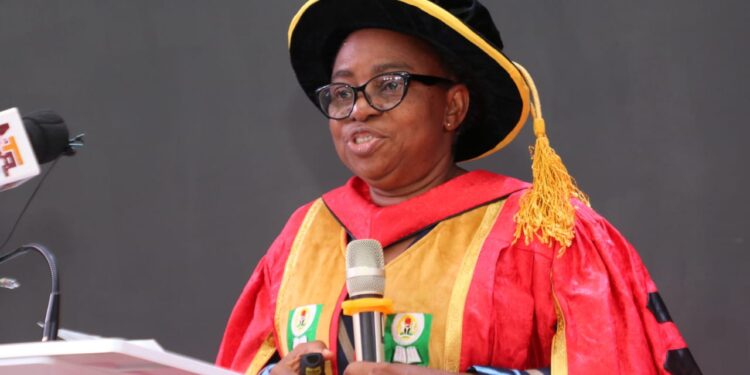




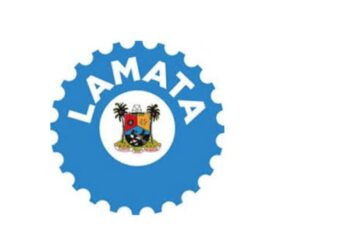
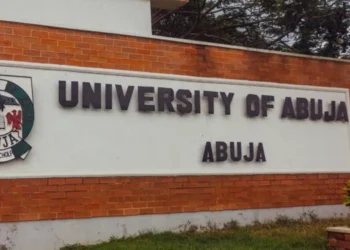
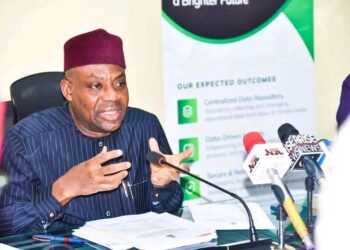
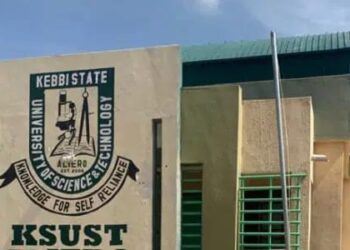
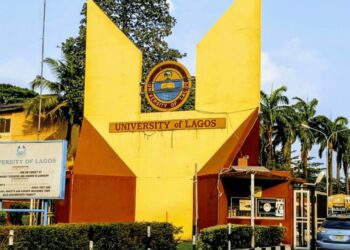











 EduTimes Africa, a product of Education Times Africa, is a magazine publication that aims to lend its support to close the yawning gap in Africa's educational development.
EduTimes Africa, a product of Education Times Africa, is a magazine publication that aims to lend its support to close the yawning gap in Africa's educational development.